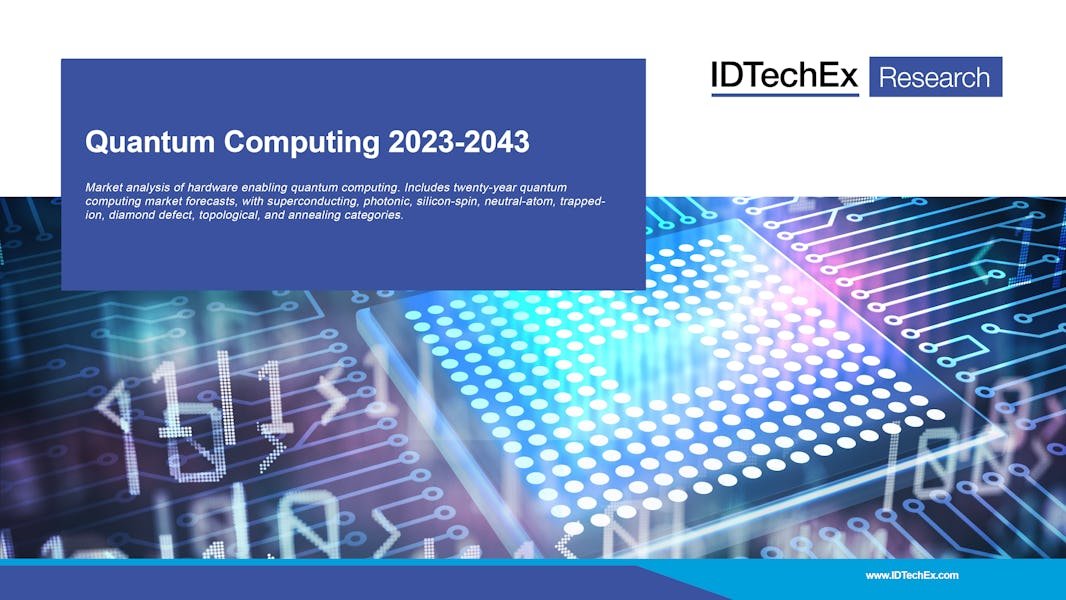Enacted in 2018, the National Quantum Initiative Act aims to accelerate quantum research and development in the U.S. It provides a coordinated federal program involving agencies like the National Institute of Standards and Technology (NIST), National Science Foundation (NSF), and the Department of Energy (DOE). This initiative fosters collaboration across academic institutions, private companies, and government bodies to position the U.S. as a global leader in quantum technologies.
DARPA’s Quantum Benchmarking Initiative
The Defense Advanced Research Projects Agency (DARPA) has expanded its Quantum Benchmarking Initiative to achieve utility-scale quantum computing by 2033. Eighteen companies, including IBM and Microsoft, are participating in this effort. The program focuses on defining practical benchmarks for quantum computers and ensuring they meet real-world performance goals.
Industry Leaders and Technological Advancements
IBM
IBM plans to debut the world’s first quantum-centric supercomputer, featuring over 4,000 qubits. This system aims to break existing records and pave the way for scalable quantum computing. IBM has also developed its own quantum programming framework, Qiskit, which enables developers to write code for quantum machines.

Google’s Willow chip, a 105-qubit processor, represents a significant leap in quantum computing capabilities. It can solve complex problems in minutes that would take classical supercomputers thousands of years. Google continues to invest in quantum hardware and algorithms to push the boundaries of what quantum machines can do.
Amazon and Microsoft
Amazon’s Ocelot chip and Microsoft’s Majorana chip focus on improving error correction and scalability, addressing key challenges in quantum computing. Both companies are also investing in quantum cloud services, making quantum computing more accessible to researchers and developers worldwide.
Emerging Quantum Hubs in the U.S.
Several U.S. cities are becoming centers for quantum computing innovation:
- Santa Barbara, CA: Home to Google’s Quantum AI Campus and Microsoft’s Station Q, which foster interdisciplinary collaboration and innovation.
- Chicago, IL: Hosts the Illinois Quantum and Microelectronics Park, a major public-private partnership driving regional economic growth.
- Boston, MA: Nvidia’s new quantum lab collaborates with MIT and Harvard, focusing on hardware development and quantum simulation.
- College Park, MD: IonQ and the University of Maryland are key players in quantum hardware research and commercialization.
- Boulder, CO: Features a burgeoning quantum incubator supported by federal investments and renowned institutions like NIST and JILA.

Cybersecurity Implications
Quantum computing poses significant cybersecurity challenges, as it could potentially decrypt all currently secure data. Traditional encryption methods may become obsolete, necessitating the development of quantum-resistant cryptographic protocols. Governments and private sectors are investing heavily in post-quantum cryptography to secure future communications and data storage.
Economic Impact and Job Market
The quantum computing industry is attracting substantial investments, with projections estimating up to $850 billion in economic value by 2040. As the technology matures, quantum computing is expected to revolutionize sectors such as finance, healthcare, and logistics. Job opportunities in this field are expanding, with roles offering salaries ranging from $150,000 to over $500,000 annually. Skills in quantum programming, physics, mathematics, and computer science are in high demand.
Future Outlook
The U.S. is poised to lead the quantum computing revolution, with ongoing investments in research, infrastructure, and talent development. As technology advances, quantum computing is expected to transform various sectors, including medicine, finance, and artificial intelligence. Researchers are optimistic about achieving quantum advantage—the point where quantum computers outperform classical ones for useful tasks—within the next decade.
Conclusion
Quantum computing in the U.S. is rapidly evolving, driven by government initiatives, industry leaders, and academic collaborations. Staying informed about these developments is crucial for professionals and organizations aiming to leverage this transformative technology. As the field progresses, the United States must continue to nurture its innovation ecosystem to maintain its competitive edge and unlock the full potential of quantum computing.
For more click here –Synthetaic AI Technology Is Reshaping Image Recognition






